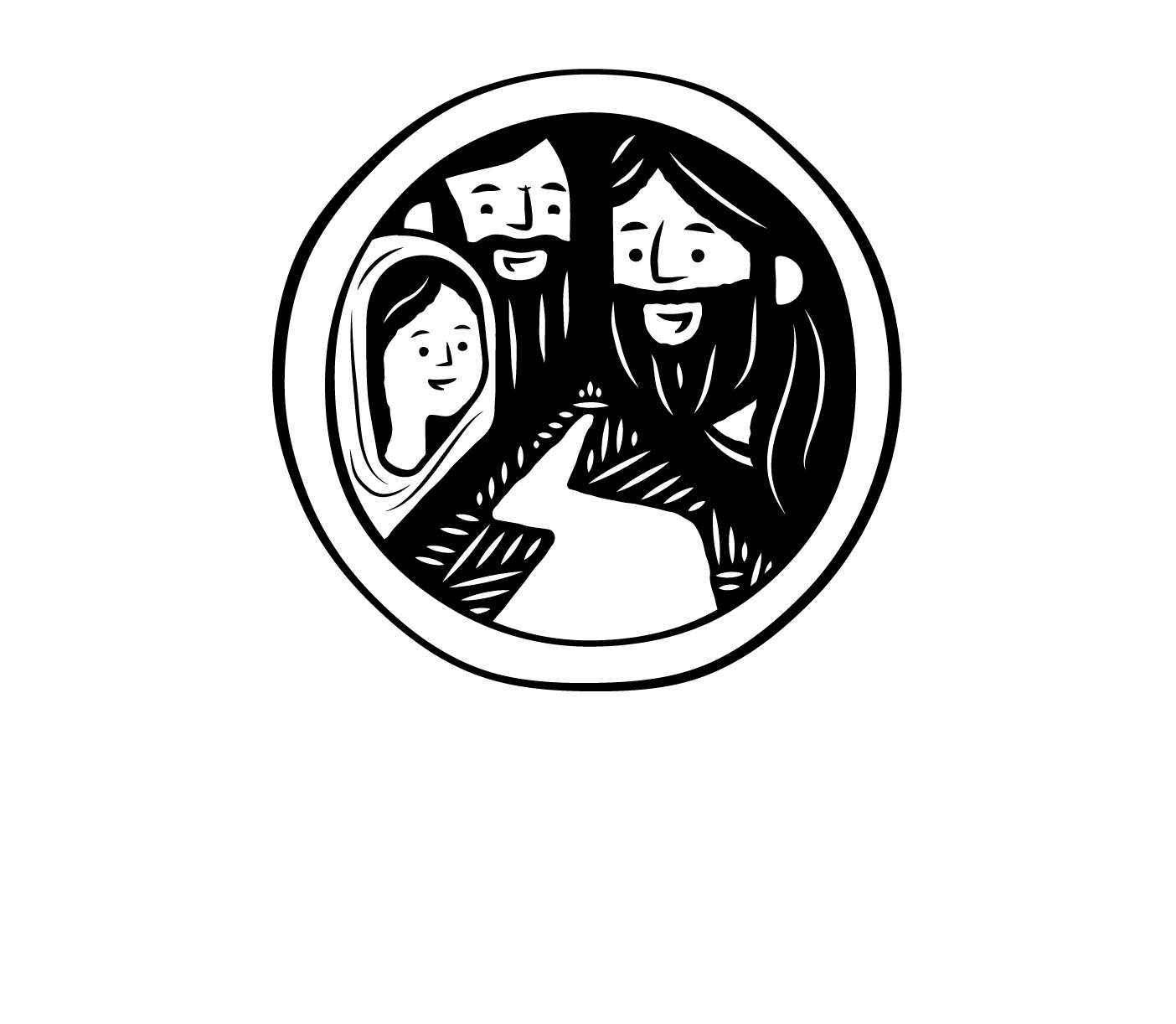We teach Koine Greek using a communicative approach. This makes the learning experience enjoyable and successful.
Enjoyable
Language learning does not need to be painful, with hours spent on rote memory, flipping through flash cards. It can and should be a pleasurable experience!
Learning Koine Greek through meaningful communication between individuals, in a warm and encouraging environment, becomes a wonderful experience. The new language is internalised without stress, as learners participate in fun activities. Learning the target language occurs without mental fatigue, owing to the fact that new vocabulary and structures are comprehended in their natural contexts of communication. The learning environment is positive - we delight in each student’s unique interests and learning path and we celebrate one another’s successes in learning the language. The new material is later reinforced through playful revisitation. Ancient Greek goes into the learner like water out of a glass, not like medicine out of a syringe.
“Ancient Greek goes into the learner like water out of a glass, not like medicine out of a syringe. ”
Effective
One of the key reasons we are so effective at teaching ancient Greek is that we enter the Greek-speaking world, together with out students, as living, breathing, social beings. We teach ancient Greek in ancient Greek. Studies show that language learners have the greatest success when using the target language as a means of meaningful communication. We use ancient Greek for what it was meant for—communication between people—not as a code to be deciphered.
Studies show also that the four language skills—reading, writing, speaking and listening—are mutually reinforcing. So ancient Greek courses that utilize only one or two of these skills are at a significant disadvantage. Conversely, in our courses learners may progress in leaps and bounds, by both reading and listening, by both writing and speaking.
We don’t sweat the small stuff. Learning a language is about developing the ability to participate in spontaneous and meaningful communication. Mistakes are bound to happen. Language learning is not about always obtaining 100% technical accuracy. (Many people are fully competent in second, third and additional languages, while still making grammatical mistakes, even on a regular basis.) Grammatical accuracy is good, but it’s neither the focus nor the ultimate goal. We keep the focus on fluency, that is effective communication. Studies show that greater accuracy is obtained, in fact, as a result of increased fluency, not the opposite way around. Our learners master grammar, but at the right times and for the right reason.
We are social animals. How we are treated in a learning environment has a huge impact on our ability to succeed. At ΟΜΙΛΕΙΝ, we are committed to fostering warm, kind and encouraging learning environments for all learners. It is a collaborative, not a competitive setting. (The only true competition is between me and myself, between what I knew yesterday and what I have had the privilege to learn today.) We celebrate one another’s progress and accomplishments. Mistakes are opportunities to re-inforce what has yet to be internalized. We believe that every person can learn another language, including ancient Greek, and we are committed to helping you discover, if you haven’t already, that this means you too!
As a course focused on the New Testament, we make sure that the main thing remains the main thing. We keep the biblical texts always in the forefront. From an early stage, utterances taken directly from New Testament writings are read and understood by students. Not only that, but we focus on key verses and passages, those that are deeply meaningful to followers of Jesus. We also pray in Greek—both written and spontaneous prayer—utilizing phrases from the New Testament and the Septuagint (the Greek translation of the Old Testament or Tanach). While these reading activities indeed provide motivation for students to learn the bits of the language that are relevant, more importantly it also constitutes, for many of our learners, the ultimate goal in their learning ancient Greek.
In specific, we keep Jesus himself front and center. He is the reason that ΟΜΙΛΕΙΝ does what it does. So, for example, from early on we focus on what he says and does. The first complete texts that students read in their entirety in Greek are a parable and a miracle story of Jesus.
“We use ancient Greek for what it was meant for—communication between people—not as a code to be deciphered.”





